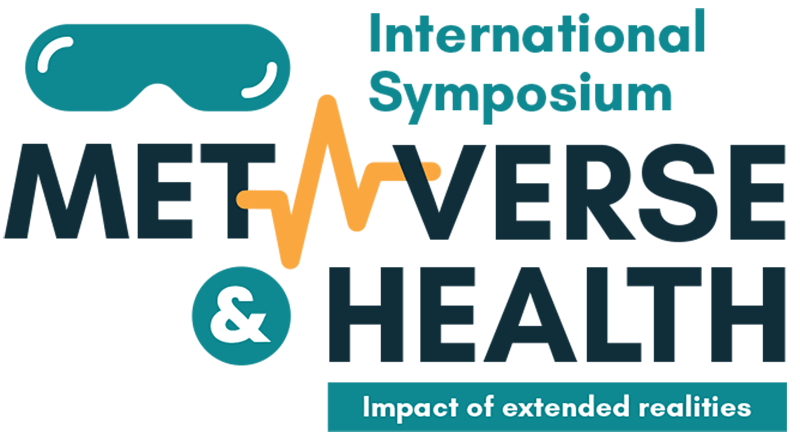Montreal, Canada – April 8, 2024

On April 8, 2024 in Montreal, Canada, the Digital Health Institute for Transformation (DHIT) co-hosted an international symposium on the Metaverse + Health along with Montreal’s Health Innovation District or Quartier de l’Innovation en Santé (QIS), led by the health futurist, Dr. Fabrice Brunet. Convening experts, innovators and industry leaders from around the world to discuss the Metaverse technology and the future of healthcare, here are our top five takeaways from the event:
1. What Really Excites the Godfather of AI?
Yoshua Bengio, professor of computer science at the Université de Montréal, and the Founder and Scientific Director of Mila-Quebec AI Institute, is also known to some as the “godfather of AI.” So what really excites him? It is the intersection of AI and scientific discovery, a true explosion of our measurement capabilities. Take drug discovery for example, which requires an enormous amount of trial and error through research. Coupled with the progress we have already made with algorithms, if AI were to help systematize the mapping of cells, molecules, genes and other complex interactions, there is great potential for the fields of science, medicine and much more to advance rapidly.
2. We Need More Offices of Transition, Not Innovation
Zayna Khayat, the in-house health futurist with Deloitte Canada’s Healthcare and Life Sciences practice noted during her session on Innovative Technologies for Telemedicine, that we do not need more offices of innovation. What we need are more offices of transition and that every government (federal, local and provincial) should provide education, training and support to focus on the elements required for successful digital and cultural transformation.
3. It’s Not Just About Screen Time, It’s Also About the Content
Patricia Conrod, professor of psychiatry at the Université de Montréal, clinical psychologist and advisor to the UN, discussed her robust research findings, which show that it is not just about screen time from social media and TV watching that leads to an increase of teen depression and other mental and behavioral health issues, but rather it is about the algorithmic content that’s being delivered. Video game and computer usage were not shown to have this increased risk, most likely because the content is edited and also because they do not have the negative upward social comparison effects as social media and TV watching do. The results of Professor Conrod’s 5-year longitudinal study on the effects of social media on 7th to 11th graders mirrors similar findings unearthed by the Digital Safety Alliance, managed by DHIT.
4. The 21st Century is the Simulation Century
Brian Moynihan, VP of Marketing for UltiSim, a company that specializes in AI deployments, digital twins and 3D modeling, further built off of the point made by Dr. Yoshua Bengio as he talked more about synthetic personas being a real-time saver. For example, scientists may be able to test out many different hypotheses at once – saving tons of time, money, labor and equipment. Pharma companies can model this out for multiple types of patients with certain conditions. Healthcare marketers could model it for focus groups or run A/B tests. Applicable to a host of other fields even beyond healthcare, Moynihan noted that indeed the 21st century is the “Simulation Century.”
5. For True Digital Transformation We Must Learn to Be Better Humans
Luc Sirois, Quebec’s Chief Innovation Officer, who gave the closing keynote address, reminded us that above all else we must learn to be better humans. It’s not just about the metaverse but also sociology, neuropsychology, history, anthropology, economics, etc. Understanding human behavior, the ability to have foresight, to have kindness and understanding are what makes us take care of people and also take better care of ourselves. If we can develop technologies that integrate this type of humanity through the use of behavioral science, that will be a true winner.
Contact info@dhitglobal.org to join this Community of Practice or for further information

